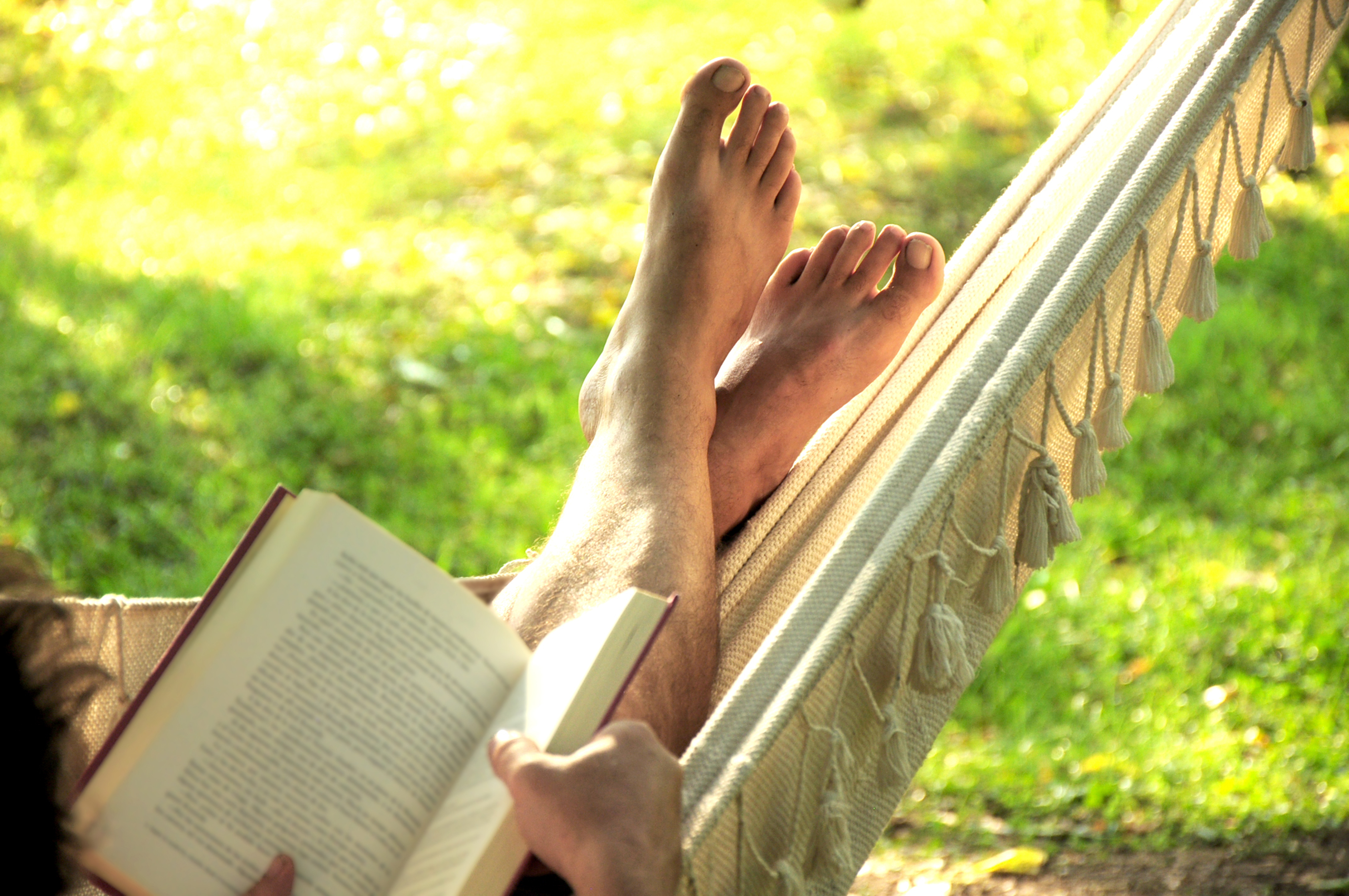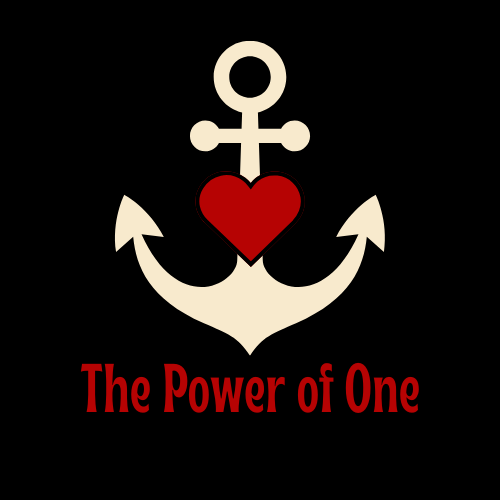Your cart is currently empty!
Finding Abundance in Rest


As I tweak my post on war–definitely a heavier topic–I wanted to do a quick post on something lighter.
I was discerning what to write about today, and it came to me that something I struggle with is resting well. Being in the midst of American culture, I’m inundated with media pushing perpetual productivity and growth and busyness. And it’s really tempting for me to just keep myself constantly busy.
But when I think about what I’m trying to do with The Power of One, I have to pause. The point of this blog is to shift culture and say something that goes against the torrents of fear, violence, and materialism that are a fact of U.S. American life. So I want to talk about finding abundance in rest.
The prophet Nehemiah got on Israel’s case for profaning the sabbath with mercantile activity. He was quite fierce in his advocacy for keeping the sabbath holy. While I don’t necessarily agree with his methods (he gets physical), there is something to be said for appointing times of rest.
In a country that’s always “on” and doesn’t build in rest for its inhabitants, I see a correlation between lack of rest and the rising health crisis that sees billions of dollars going toward “sick care.” I told my husband the other day that while he’s on break from his master’s program, he will be on strict bed rest once a week, without any musical projects or gigs. I see in the microcosm of my marriage the results of burnout–anxiety, overwhelm, gut imbalance, sleep deprivation–that we are experiencing on a larger scale.
To dive a little more deeply into the issue, we have put the solar principle on a pedestal at the expense of the lunar principle. When I say “solar,” think of keywords like “active,” “generative,” “productive,” “waking consciousness.” In my work with archetypes, this would be Apollo, the Greek sun god. Among Christians, this solar principle is subsumed into the Son of God, Jesus Christ, and worshipped as deity.
In my apprenticeship as a healer, I am beginning to see what happens when someone has an imbalance in their system. I think of balance in terms of the elements and archetypes. Someone with too much fire, too much sun or Mars, is aggravated, rushed, aggressive, and inflamed. They are impatient, constantly on the go, and too busy. But in U.S. American culture, we consider these the people who get sh*t done, who are the most productive. Who bears the cost?
Children and those who are their caretakers.
At the other end of the spectrum is the lunar principle. Think “nighttime,” “rest,” “dreams,” “subconscious,” “cooling.” Archetypically, this is the moon goddess, Artemis, who rules fertility, childbearing, and is a helper of women. In Christianity, the feminine has long been devalued and demoted from divine to merely human. At least in Catholic circles, Mary (who interestingly is portrayed with the moon at her feet) is exalted as the Mother of God. Yet, we don’t go as far as to call God Mother.
Despite this, the Creator, that is S/He who is Being and is beyond Being, is said in Genesis to create in Their image, male and female. What then happens when only half the image is exalted as deity and the other half is devalued as merely creature, and a second-class creature at that?
When the solar principle is elevated above the lunar, all things associated with darkness, fertility, and natural cycles are devalued.
We see this in our farming practices, where Big Ag never allows fields to rest and forces the land to produce beyond its capacity, stripping the soil of essential nutrients.
We see the devaluing of the lunar principle also in our cities, where lights are always on, and in most U.S. American companies’ policies on maternity and paternity leave. Surely, a child needs their parents for longer than the first six weeks of life.
We see it also in our school systems, where we indoctrinate children into a culture of perpetual productivity and busyness at a critical developmental period where they need more rest than the average adult. Where there is no rest, caretakers and children are put in second place.
So, how do we rediscover balance?
Many people work jobs that allow little time for rest. And then there are children at home to tend to, chores to take care of, and the whole process begins again the next day. We have to work to change the reality within the situation that we find ourselves in.
My suggestion is that in the midst of a busy day, we pause and breathe intentionally. As simplistic as that sounds, it really is an antidote to busyness.
Don’t get on your phone when you have a small break. Sit or stand with your palms facing up or out to receive the moment. Inhale deeply into your belly through your nose, and exhale completely out your mouth. Stay focused on your breath. When your mind wanders, bring it back to the breath.
In this way, we can find abundance in the midst of a sea of noise telling us there isn’t enough. With our breath we can anchor ourselves in the present moment, which really is enough. One breath at a time, we can find rest and peace.
Like the tide coming in and going out by the pull of the moon, our breath can place us back in touch with the rhythms of nature. Let your breath guide you to an abundance that no one can take from you, the abundance that is sacred presence, mindfulness, and peace.
With this simple practice in place, extend your moments of rest into other areas of your life. Maybe you adjust your lifestyle so that you can work at a less demanding job. Maybe you create a community around you to support you in childcare duties. Maybe instead of watching two hours of Netflix at night, you spend those two hours meditating and journaling.
Many things become possible through the single practice of finding the breath in the midst of a busy day. You may find more opportunities coming your way. Not opportunities to become busier, that’s not what I’m talking about. The opportunities that come with finding more rest are doors opening onto greater peace and happiness, which may actually require you to slow down.
May you find your breath, wherever you are. I wish you great peace.
